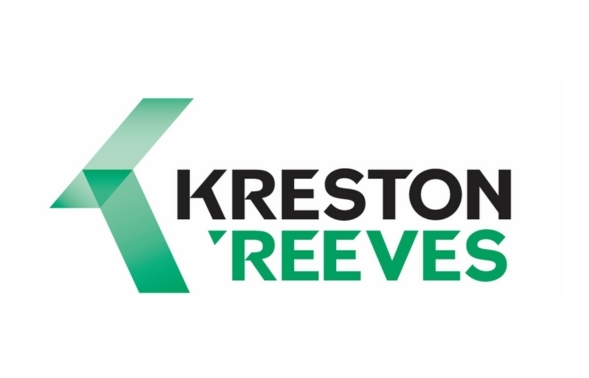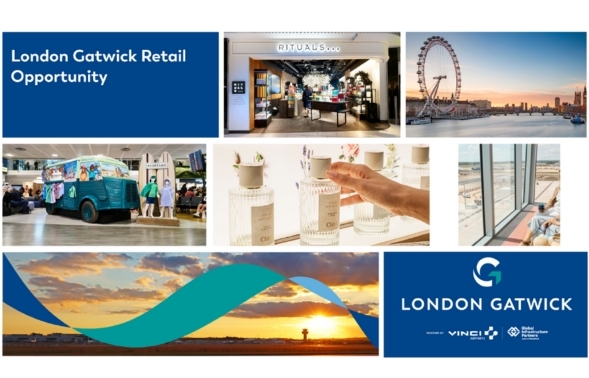Close your eyes and imagine the sound of someone slowly dragging their fingernails down a chalkboard.
Your reaction to that is not dissimilar to how many business owners and business finance people react when they hear the words 'marketing budget'.
But why?
I suspect it's because whilst nobody can really question how important marketing is to the future of their business, the cost of marketing is seen as an expense that comes right off the bottom line. So, when times are hard and paying for premises, suppliers, stock and staff are already a massive drain on gross profit, adding the cost of marketing to the mix becomes difficult to justify.
It's challenging, of course, but that mindset is a fundamental problem in business development; it's the expense mindset.
It's a strange phenomenon that when businesses are starting out, on the list of things that will need to be paid for on a regular basis, marketing is typically at or near the bottom, and often just below the website. Marketing is what new business owners will consider doing only if and when they have enough money left over (whilst not realising there will never really be 'enough money left over'). Yet, as a new business, marketing should be given the highest priority. Wouldn't it be better to launch a business with a bang, having built expectations and anticipation, rather than wait until your ducks are finally lined up?
Think about it; you're starting a new business with the intention of changing your life, and possibly the lives of those around you, so it makes sense to put all your effort and as much as you can possibly afford into letting people know you exist in order to help you gain new customers/clients. But new business owners typically don't think very far ahead; they think about now, and if they're busy now they'll assume they will continue to be so and will worry about marketing when things get quiet.
Marketing is not medicine for your problems, but food for your business ~ Marianne Van der Ploeg, Marketing Consultant, Creative Tribe
The same is true of small and even medium-sized established businesses, particularly for those who suffered during the pandemic. Service-based businesses are typically hidden from sight so need additional exposure. High street restaurants should not be waiting for footfall to increase so they can capture a share of it - they should be creating their own footfall.
At the other end of the scale are the long-established, profitable, large businesses who when times are tough, and they see revenue and profit in decline, will often make the undeniably sensible decision to cut costs (if you can't earn it, save it), and will, bizarrely, often begin by cancelling most, if not all of the marketing activities. Why? Because finance people see marketing as an expense, not an investment.
Whichever angle you're coming at it from, not seeing value in setting or retaining an existing budget for ongoing marketing is counter-intuitive to both business development and business survival.
Brand awareness
For businesses of all sizes, the power of brand awareness cannot be underestimated. Brand awareness is often seen as a game only the big players can enjoy because they have excessively deep pockets.
We see huge billboards showing only a company logo or a recognisable part of their product (such as the examples below), where vast amounts of money are poured into campaigns that do not promote products or services directly but simply keep the brand in the line of sight of as many people as possible.
This type of marketing is way out of reach for all but the global brands that dominate their respective markets, but it only works for them because they're already so well established in the market that it's enough for them to simply remind us they're still here, or even make you chuckle at their creativity. However, for small and medium-sized businesses, a vastly scaled-down version of this can be equally effective.
Brand awareness can be accomplished simply by posting regularly on social media. Whilst this approach still needs a degree of thought and planning, it's extremely cost-effective as it has zero placement cost, and if executed correctly it can be highly effective as a way of reminding people you're still here, still providing a great service, and ready whenever they need you. This is especially true of service-based businesses where the service you provide isn't needed until it's needed, so it's imperative to continually remind people of your existence.
But brand awareness comes in all shapes and sizes, and what you decide to do will depend on who you are, what your business offers and the reach your business needs. If you're an insurance company or a financial advisor, you don't really mind where your customers are located geographically, but if you're a beauty spa or a restaurant, the majority of your customers will come from within a fairly small radius. And even if you are operating on a wider scale, running a regular, locally-focused brand awareness campaign can be enormously rewarding.
The all-important budget
It's the word 'budget' that makes people wince - especially the money people - and mainly because marketing is almost always seen as an expense, and will appear as such in your accounts.
Buying office furniture is an expense. Paying for electricity is an expense. Buying computer equipment is an expense. Yes, ok, they're all required for you to be able to run your business, but they're all necessary evils that drain your resources and eat into your profit.
Marketing, on the other hand, should really be seen as an investment. An investment in the future of the business. An investment in establishing a growing customer base. An investment in its unique ability to position your company in any way you choose. An investment in controlling perception.
Ideally, an investment sees a return, hence the phrase, 'return on investment' (ROI), and it's always considered reasonable and justifiable to ask how an investment is going and what you're making from it. But isn't it interesting how people rarely ask that question in a positive way about marketing? Instead, and this applies particularly to the financial people in organisations big enough to have them, they will ask why the marketing people are spending so much, or 'do we really need to spend that much [on marketing]?'
Despite how nonsensical this attitude towards marketing is, it's the way it's always been, and it continues to create a largely negative view of marketing as being no more than a cost centre. But if the view of marketing were to change to it being an investment, business owners and people in high places would ask more questions and become more interested in what's going on and how effective it is. This doesn't have to be measured only in monetary terms, because if the marketing efforts are raising the company's profile and positioning it as a leader in the services it provides (locally or on a wider scale), then the return is as tangible as money in the bank because it will result as such.
A man who stops advertising to save money is like a man who stops a clock to save time ~ Henry Ford.
Being brave
When times get tough, and business is showing signs of slowing down, that's precisely the time not to reduce your marketing budget and/or marketing activity. In fact, you should be most actively marketing your business when you're at your busiest so that when things do slow down you'll have already created momentum you can capitalise on, and the budget to remain committed to it. Yes, you will need to be brave, but just think about how cutting the marketing budget during tough times can possibly make any sense at all.
On the 13th of August, 2022, the IPA (Institute of Practitioners in Advertising) published a half-page advert in the Financial Times, with the following statement: "Come back in a year and tell us if cutting your budget was a good idea."
And, as Alex Hesz, Global Chief Strategy Officer at Dentsu International, pointed out, this was the perfect medium and the perfect message for representing an industry.
The ad made an impact because it encapsulated the mood of marketing and advertising professionals, and being in the FT means it will hopefully have landed with high-level decision makers too and made them think about the disastrous it can be to cut marketing budgets.
Jane Cowle, MD of paid media agency, Launch, explained how Aria Resorts continued to successfully sell holidays throughout the pandemic by committing to ongoing marketing instead of battening down the hatches.
Sharon Hayward, Head of Marketing at Draper Tools made a pinpoint accurate observation about the risk of cutting marketing budgets: "Unfortunately, the companies who are tightening their marketing purse strings are the ones who believe they're about to suffer a revenue drop. In a year's time, they will indeed have a revenue drop which will prove them right."
And as Priyanka Bhagat, Senior Associate at Business Consultancy, Prophet, explains; "History tells us that brands that cut marketing budgets during a downturn are often the ones that trail behind/struggle to succeed when things improve. Instead, look for new opportunities, and unlock new channels/ avenues of growth."
In summary
Marketing is not a one-size-fits-all solution because it comes in many forms. It can be a complex maze to navigate, but it's not about throwing money at it and hoping for the best. It's about truly understanding both your business offering and your customers' needs as this will help you craft a marketing plan - however simple - that will be most effective.
Success will come from finding the right platforms, the right channels and the right messaging and committing to sticking to promoting your business come hell or high water.
More insight at clivewilson.com


















